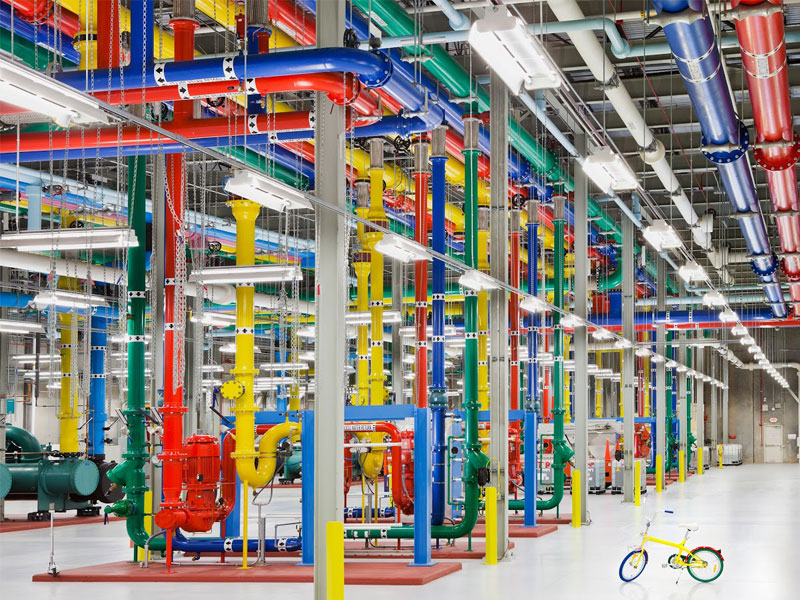In order to achieve this, their first ace up this sleeve is Anthos, a single tool to manage workloads regardless of where they are hosted, without having to worry about different environments and APIs. It allows to manage and implement them even in the clouds of their rivals AWS and Microsoft Azure. Using this tool, users can manage all their applications from the same console and obtain a single invoice. This tool is backed by the latest technological advances in containers and Kubernetes.
Another of the messages disseminated during the event is Google’s bid for Open Source, justified by the announcement that they have partnered with some of the most well-known open source data management and analysis companies, such as Confluent, DataStax, Elastic, InfluxData, MongoDB, Neo4j and Redis Labs. Their products will be integrated into Google Cloud Platform and will be offered as managed services, so that users can take advantage of these Open Source technologies in Google cloud. With this movement, they try to win the favor of a community that does not see with good eyes Amazon’s practices, accused of absorbing Open Source projects and turning them into their own, not being available to the community any more.
Finally, they announced new Google Cloud service packages specifically designed for different vertical markets, as is the case of retailers. They have developed an offer specifically for them, with special services to ensure the availability of their websites at times of peak demand as Black Friday, taking advantage of the problems that their competitors had on this date last year. They have also presented inventory tools in real time and, among other things, Artificial Intelligence technology to make recommendations to customers based on their purchases.
It is clear that at a technological level Google is on the right track. Now we will have to see if it manages to be truly competitive in the cloud market, where Amazon and Microsoft have long been established.
Source: TechCrunch.







0 Comments